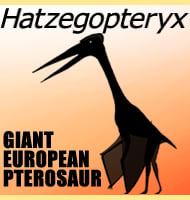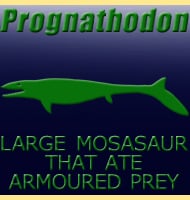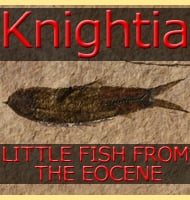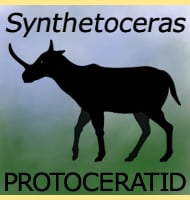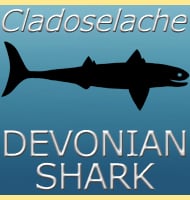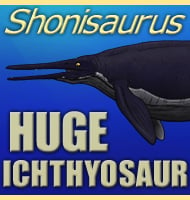In Depth
While palaeontologists are certain that Dracopelta was an ankylosaur, no one knows for certain if the genus was a nodosaurid or an actual ankylosaurid (an actual member of the Ankylosauridae). Nodosaurid is perhaps the most likely answer given that we know that out of these two groups nodosaurids appeared first. Ankylosaurids by contrast don’t seem to have become common until the Cretaceous, particularly the late Cretaceous given from what we have been able to tell about other fossil finds of these kinds of dinosaurs. The only way that we could really be certain however is by finding a well preserved skull and/or establishing the presence or confirmed absence of a tail club (ankylosaurids have tail clubs, nodosaurids don’t), but unfortunately these parts were missing from the holotype.
Further Reading
- Partial skeleton of Dracopelta zbyszewskii n. gen. and n. sp., an ankylosaurian dinosaur from the Upper Jurassic of Portugal. - G�obios 13(3) - P. M. Galton - 1980.


